Chairski lakes are a protected area in the Western Rhodopes, known for their naturally formed landslide lakes. They are covered in a thick carpet of peat, surrounded by green meadows and centuries-old spruce forests. The lakes are located 19 kilometres East of Trigrad village, and access to them is possible following a marked trail. Yet, this is more than a place to take a stroll in nature, it is an area of immense importance to the environment. The six landslide lakes are located at an altitude of 1,400 m., and according to geologists, they were formed during the Quaternary period.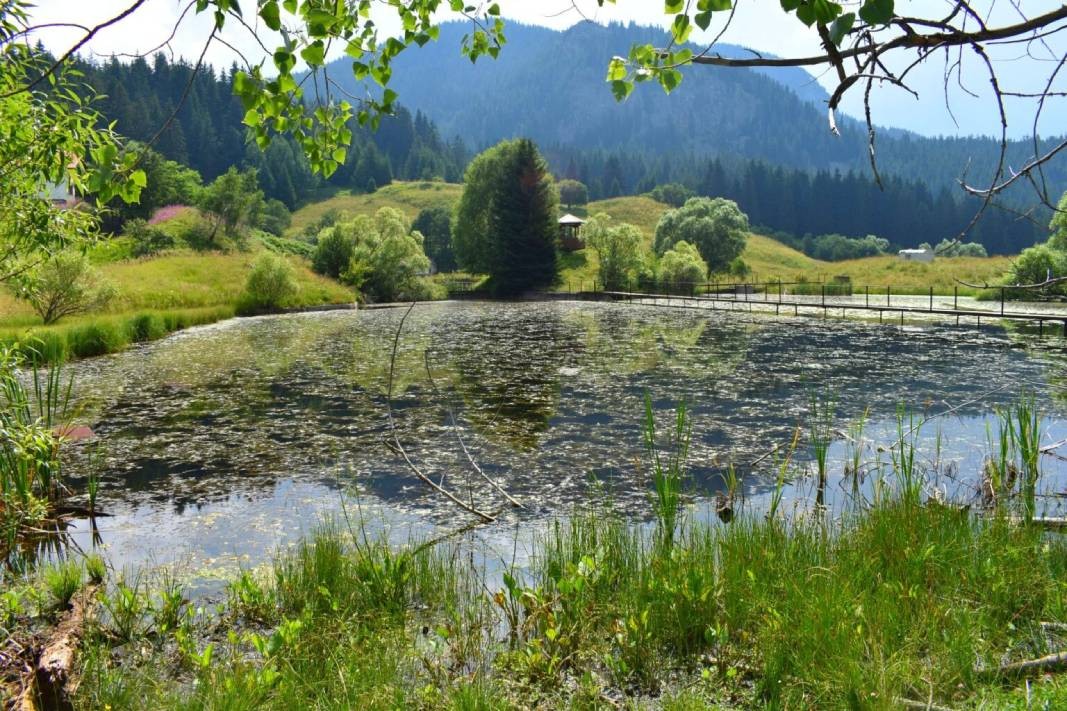
However, these lakes are in danger of shrinking and even disappearing altogether as a result of the global rise in temperatures. A designated project – Chairski lakes – biodiversity capsules in the Rhodopes – aims to preserve nature and is targeted specifically at the peat wetlands. With this project the Bulgarian Biodiversity Foundation and a well-known company for mineral water from the Rhodopes aim to involve more institutions in the preservation of this natural phenomenon.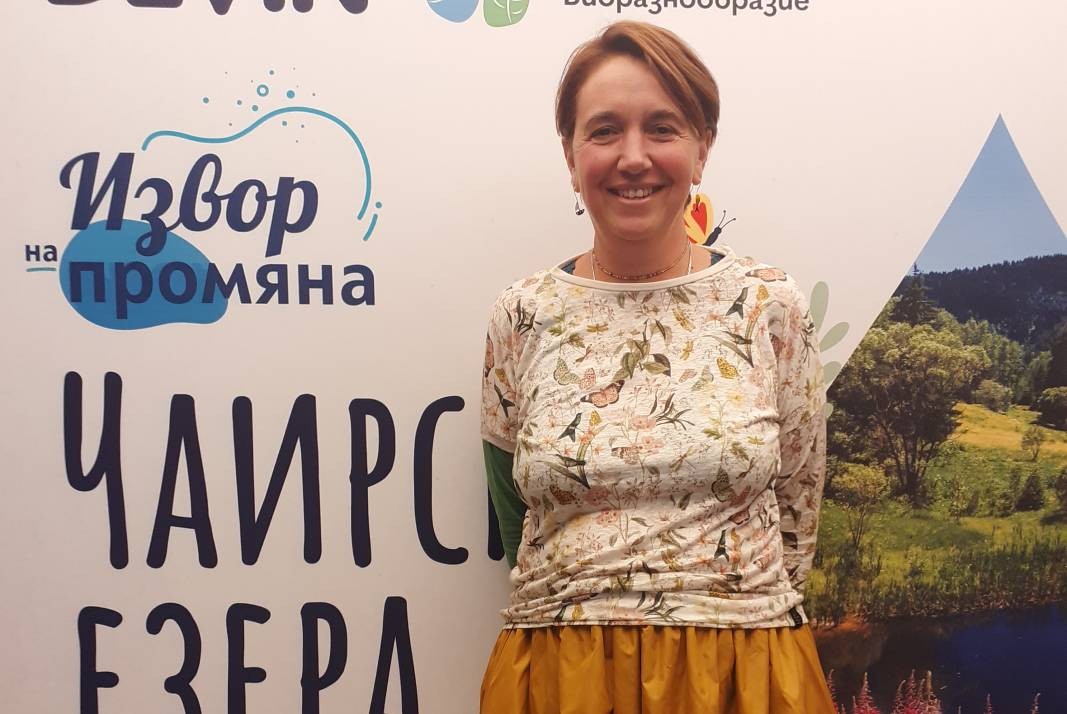
Because of the warm climate, peatlands account for no more than 0.1% of the territory of Bulgaria, unlike colder countries, like Scandinavia, where 20-30% of the territory is peatland. That is why preserving Chairski lakes’ peatlands is so vital, says Rumyana Ivanova from the Bulgarian Biodiversity Foundation.
“Lakes such as this in other countries have peatlands like a tundra – meadows that are waterlogged. What makes Chairski lakes unique is that the peatlands are literally inside a lake, with 11 meters of pure water underneath at their deepest. To experts, this fact is very intriguing yet research is practically nonexistent. There have been no systemic studies involving different kinds of experts that would put together any kind of data base. The idea of the project is to help preserve biodiversity in the Rhodopes. We have been working in this region for over 20 years. These landslide lakes are like nature’s “superhero” because they retain the sulfur dioxide. In other words, these lakes help absorb humans’ carbon footprint. It is retained by the water, purified, moreover there is a vast biodiversity in these lakes. All of this makes this place invaluable to humans, though people do not know it and it has hardly been studied at all.”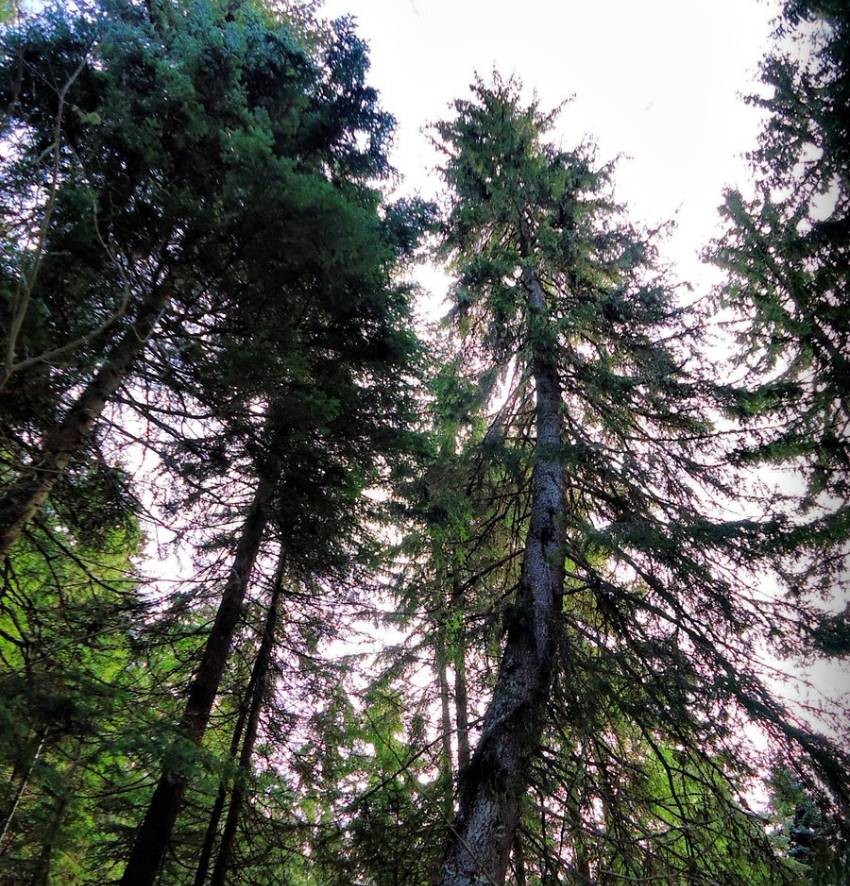
Close to Chairski lakes there is a natural phenomenon known as “the drunken forest”. The locals call it that because every tree is crooked and each is bent in a different direction. The reason is that this is a landslide area, and the mountain is constantly “moving”, and everything with it. People from the nearby villages Trigrad and Mugla know this place well. And they want to show the lakes to more tourists but people need to learn about their status as protected territory first. That is why the aim of the project Rumyana Ivanova has been working on is to have the existing scientific information about this rare natural phenomenon “translated” into “tourist language”. 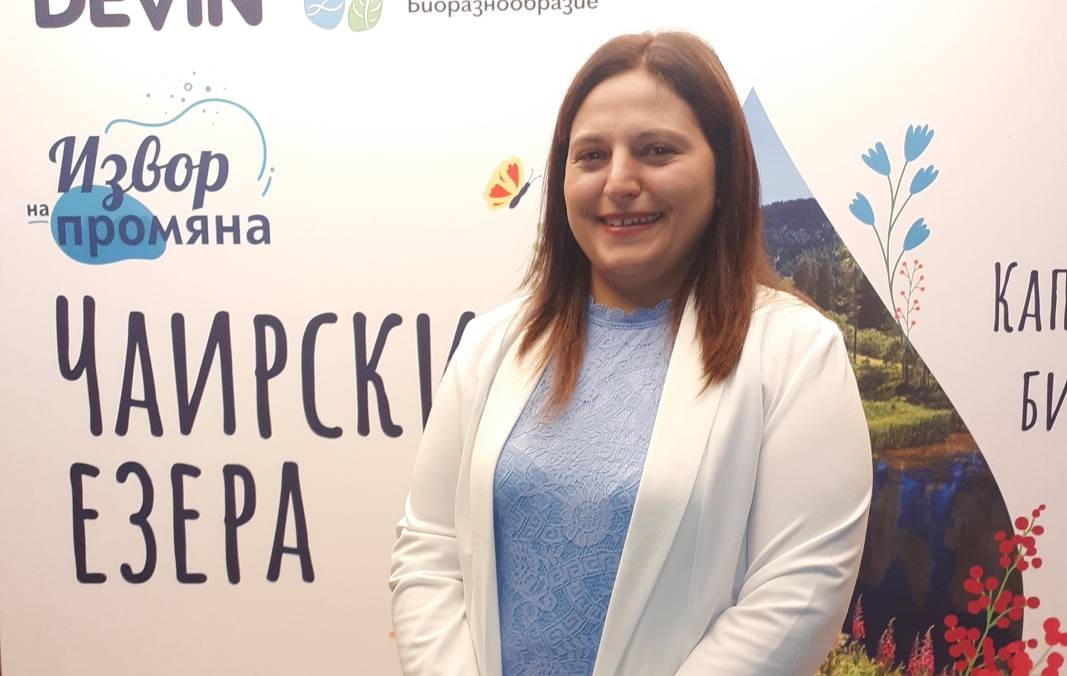
“There is a sign next to one of the lakes that it is a protected area and it mentions the endangered plant species there but more and more tourists have been coming which is a problem because not all of them behave appropriately,” says Trigrad mayor Adelina Cholakova: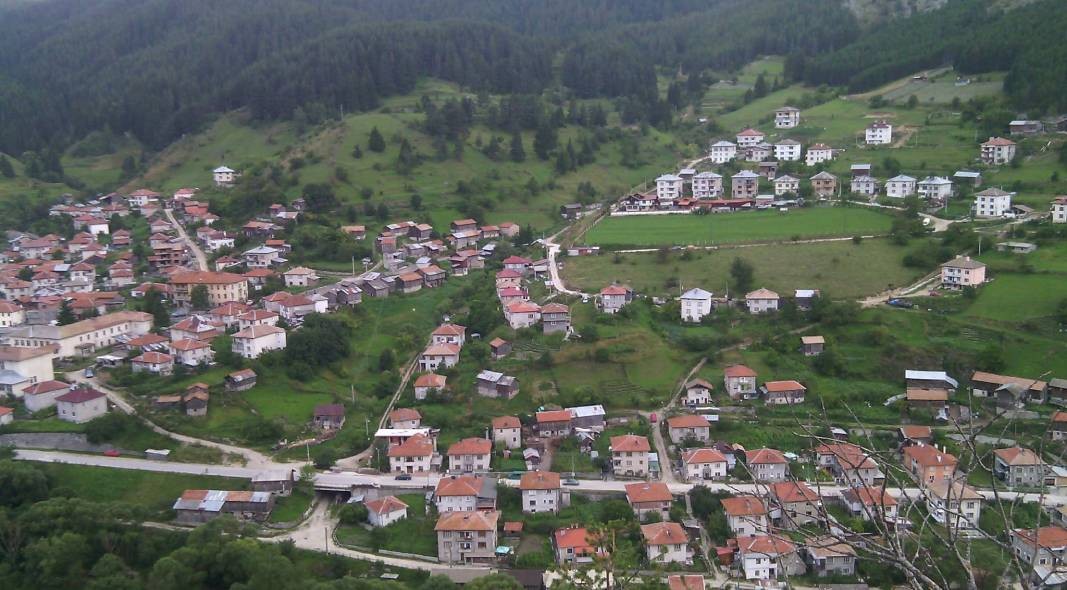
“The biggest problem is the unemployment in the region though there are families who return here from cities – in this case from Plovdiv. There are around 400 permanent residents and they work in tourism and forestry. We have a forest enterprise here employing about 30 people, all of them are young. We have tourists, mostly in summer. We have a guest house, a mountain hut, hotels. Trigrad has a lot to offer but the infrastructure has to be improved. We had flooding in 2021 and the roads were damaged badly, we expect them to be improved,” Adelina Cholakova says.
Translated and posted by Milena Daynova
Photos: Gergana Mancheva, biodiversity.bg, rodopite.info, Facebook/ Trigrad
A new historical complex in Troyan honours the heroism of local Bulgarians who took part in the Balkan Wars (1912-1913), the First World War and the Second World War. The complex presents the history of the 34th Troyan Infantry Regiment and its..
A little over 35% of Bulgarian adults have practiced various forms of health tourism in Bulgaria . This was said by the Deputy Minister of Tourism, Irena Georgieva, during a congress of the Bulgarian Union of Balneology and Spa Tourism in Burgas, BTA..
The Ancient Nessebar Museum and the Municipality of Nessebar are offering tourists a free guided panoramic tour along the "Spiritual Path" to mark the World Heritage Cities Solidarity Day. Participants in the tour, which will start from the..

+359 2 9336 661
